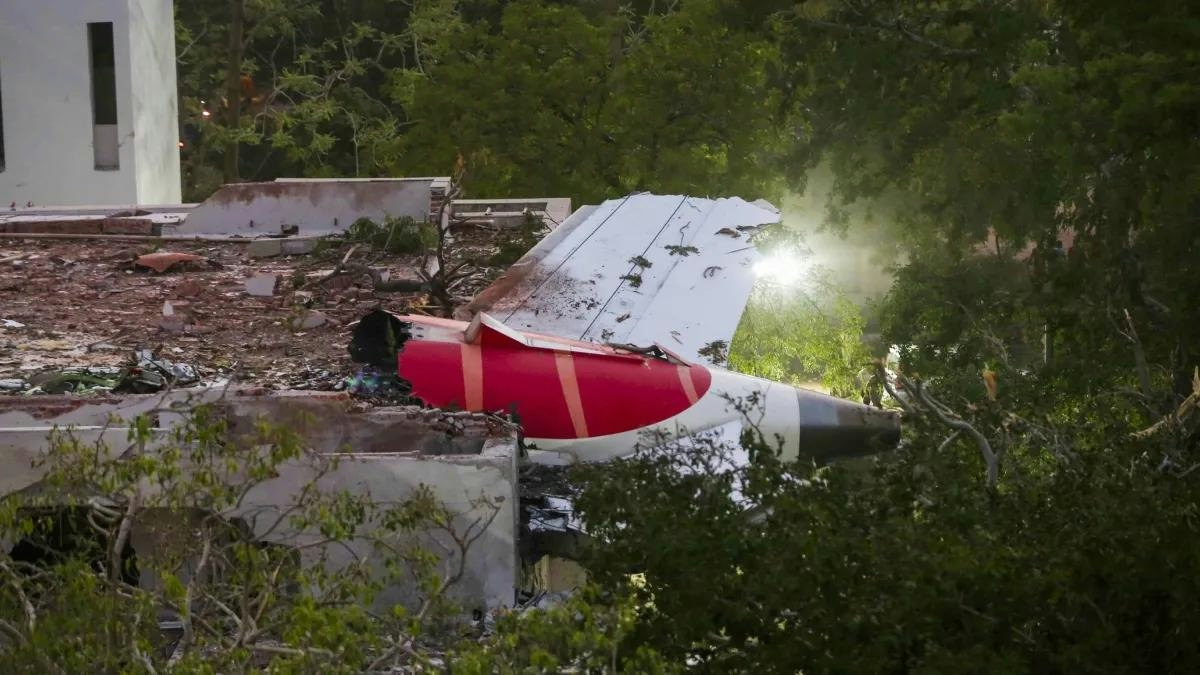AeroGenie — Votre copilote intelligent.
Tendances
Categories
AI Replaced Throttle Control Module Twice in Boeing Plane Crash

Air India Replaced Throttle Control Module Twice on Crashed Boeing 787, Investigation Reveals
Background and Investigation Focus
Air India replaced the Throttle Control Module (TCM) of its Boeing 787-8 Dreamliner twice within the last six years, following a 2019 directive issued by Boeing, according to sources involved in the ongoing investigation of the June 12, 2025, crash near Ahmedabad. The aircraft, registered VT-ANB and bound for London, has come under intense scrutiny as authorities seek to determine the cause of the fatal accident, with particular attention on the reliability of the Dreamliner’s systems, especially the TCM.
The TCM, which incorporates the aircraft’s fuel control switches, has emerged as a central element in the probe after investigators discovered that these switches were disengaged immediately after takeoff. The preliminary report released by the Aircraft Accident Investigation Bureau (AAIB) on Saturday confirmed that the TCM was replaced on the aircraft in both 2019 and 2023. However, the report clarified that these replacements were not related to any faults with the fuel control switches.
Maintenance Directives and Regulatory Context
In 2019, Boeing issued a revised Maintenance Planning Document (MPD) mandating that all Dreamliner operators replace the TCM every 24,000 flight hours. Air India complied with this directive, replacing the TCM on VT-ANB twice since the MPD was issued. Specific details of the MPD have not been publicly disclosed, and Air India has not responded to inquiries regarding the replacements.
The crash has prompted the Indian government to initiate an urgent inspection of all Boeing 787 aircraft operating within the country. This incident poses significant challenges for both Air India and Boeing as they strive to restore public confidence and address any potential technical vulnerabilities. Market analysts and investors are closely monitoring the situation for possible financial implications, while competitors in the aviation sector evaluate the broader impact on the industry.
A Boeing spokesperson reiterated the company’s commitment to supporting the investigation and Air India, stating, “We will defer to the AAIB to provide information about AI171, in adherence with the UN International Civil Aviation Organization protocol known as Annex 13.”
Findings and Ongoing Analysis
The AAIB report noted that, at this stage, no immediate safety actions are recommended for operators of the B787-8 or the GE GEnx-1B engines, which powered the VT-ANB. The report also referenced a Special Airworthiness Information Bulletin (SAIB) issued by the US Federal Aviation Administration (FAA) in December 2018, which highlighted a potential issue with the disengagement of the fuel control switch locking feature on certain Boeing models. However, the FAA did not classify this as an unsafe condition requiring a mandatory directive. Air India confirmed that it did not perform the inspections recommended in the SAIB, as it was advisory in nature.
Maintenance records reviewed by investigators revealed no reported defects related to the fuel control switch since 2023. The AAIB emphasized that the reasons for the TCM replacements were unrelated to the fuel control switches.
As the investigation continues, analysis of the aircraft’s black boxes is expected to yield critical insights into the role of the TCM and other systems in the crash. These findings are likely to influence future safety protocols and industry practices.

Capital A Completes Sale of Aviation Business to AirAsia X

Four Gateway Towns to Lake Clark National Park

PRM Assist Secures €500,000 in Funding

Should Travelers Pay More for Human Support When Plans Go Wrong?

InterGlobe Aviation Shares Rise 4.3% Following January Portfolio Rebalancing

Key Market Segments Shaping Airline Route Profitability Software

Locatory.com Gains Traction Among Aviation MROs and Suppliers

JetBlue Flight Makes Emergency Landing Following Engine Failure

58 Pilots Graduate from Ethiopian University

The Engine Behind Boeing’s Latest Widebody Aircraft
